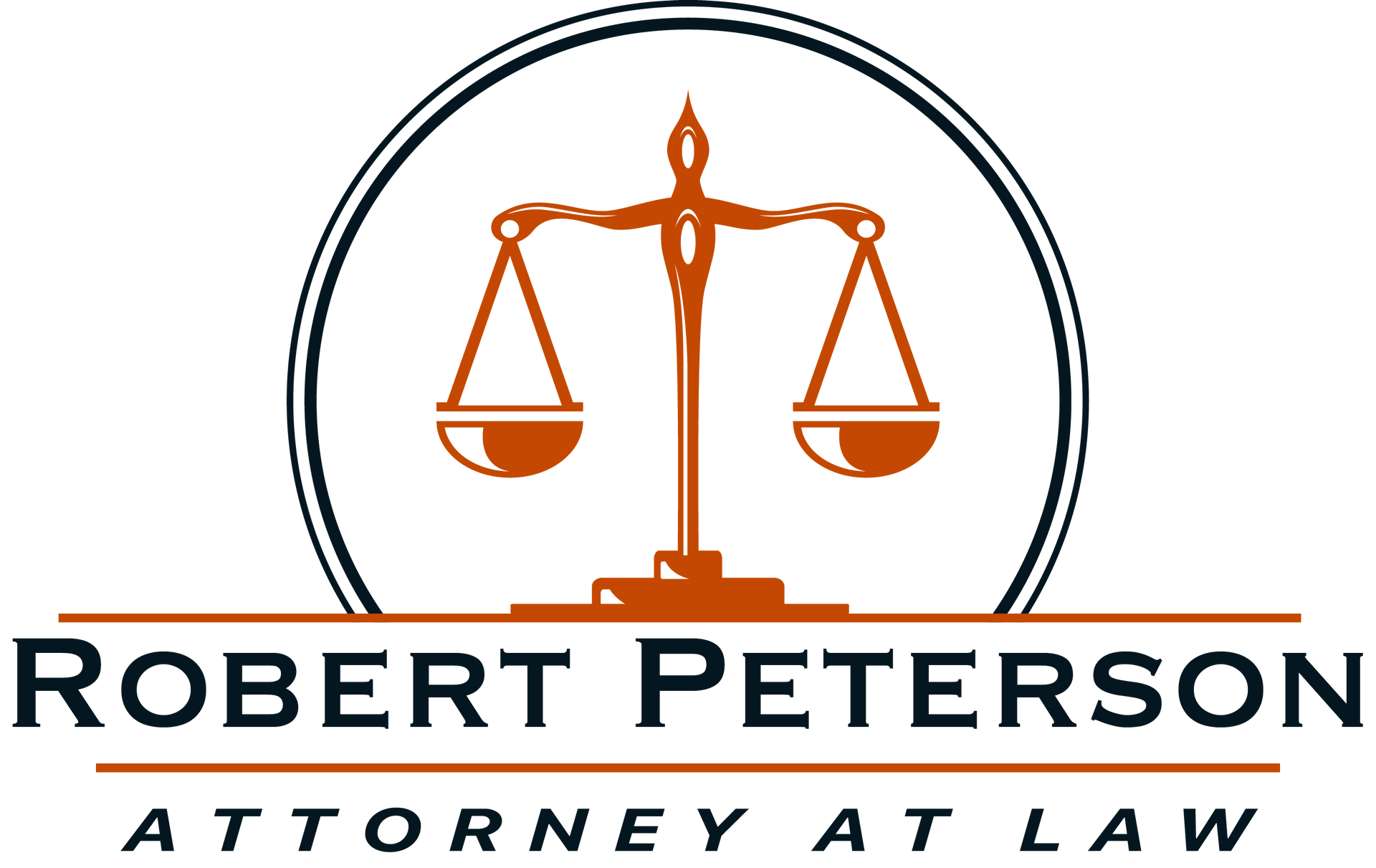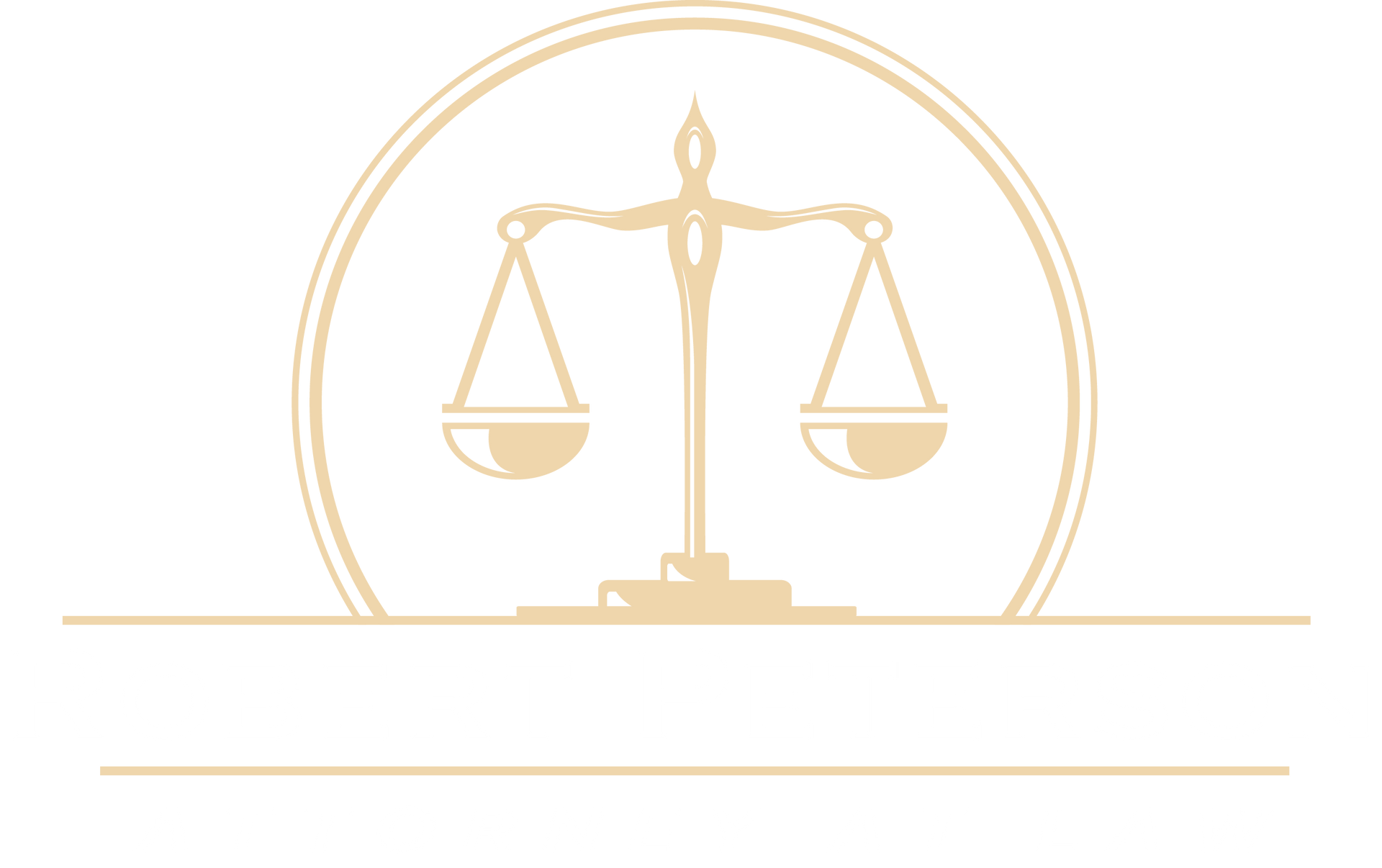
Comprehensive Legal Assistance for Elderly:
A Guide to Elder Legal Services and Support
I. Introduction: Understanding the Need for Legal Assistance for Elderly
A. The Growing Importance of Elder Legal Services
Elder legal services are specialized legal assistance tailored to meet the unique needs of senior citizens. These services cover a wide range of legal matters, from estate planning to healthcare decisions. As our population ages, the need for elder legal services becomes increasingly important. Seniors often face complex legal issues that require the expertise of professionals familiar with elder law.
B. Common Senior Legal Issues
Seniors encounter various legal issues that can significantly impact their lives. Common senior legal issues include creating wills and trusts, managing healthcare directives, and addressing housing and long-term care concerns. Elderly individuals may also face financial abuse and fraud, making legal protection crucial.
C. The Role of Legal Aid for the Elderly
Legal aid for the elderly provides essential support, ensuring that seniors have access to the legal help they need. Unlike general legal aid, which serves a broader population, senior-specific legal aid focuses on the distinct challenges faced by older adults. This specialized assistance helps seniors navigate the legal system and protect their rights.
II. Types of Legal Services Available for Seniors
A. Estate Planning and Wills
Estate planning is vital for seniors to ensure their assets are distributed according to their wishes. Creating a will is a key component of estate planning. Seniors should also consider other essential documents such as trusts, which can provide additional benefits like avoiding probate.
B. Healthcare Directives and Powers of Attorney
Healthcare directives, including living wills and healthcare proxies, which in Michigan are called Designation of Patient Advocate, provide legal guidance on medical decisions if a senior becomes incapacitated. Powers of attorney are equally important, as they designate someone to make decisions on behalf of the senior. Understanding these tools can help seniors maintain control over their future healthcare and financial matters.
C. Guardianship and Conservatorship
Guardianship and conservatorship become necessary when a senior can no longer make decisions independently. Guardianship involves appointing someone to manage personal and medical decisions, while conservatorship focuses on financial matters. The legal process for establishing these roles ensures that seniors receive the care and protection they need.
III. How to Find Legal Help for Elderly
A. Identifying Qualified Elder Law Attorneys
Finding a qualified lawyer for seniors is crucial. Look for attorneys with experience in elder law and a good reputation. Ask potential elder law attorneys about their experience with senior legal issues, their approach to client care, and their fee structure.
B. Free and Low-Cost Legal Aid for Elderly
Many seniors need affordable legal help. Numerous organizations offer free or low-cost legal aid for elderly individuals. Agencies like Legal Services Corporation and local pro bono programs provide valuable resources. These organizations can help seniors access the legal support they need without financial strain.
C. Community and Online Resources
Community centers and local agencies often provide legal help for elderly residents. Online platforms like the National Academy of Elder Law Attorneys (NAELA) offer directories and resources for finding elder law guidance. Utilizing these resources can simplify the process of finding reliable legal assistance.
IV. Legal Support Systems for Elderly Protection
A. Financial Abuse and Fraud Prevention
Financial abuse and fraud are serious threats to seniors. Recognizing the signs of financial abuse, such as unexplained withdrawals or sudden changes in financial behavior, is crucial. Legal steps, including setting up safeguards like powers of attorney and trusts, can help protect seniors from exploitation.
B. Elder Rights and Advocacy
Understanding the legal rights of elderly individuals is essential for their protection. Organizations such as the National Center on Elder Abuse (NCEA) advocate for senior legal rights and provide resources to help seniors and their families. These advocacy groups play a critical role in safeguarding the well-being of older adults.
C. Housing and Long-Term Care Legal Issues
Navigating the legalities of senior housing options, such as assisted living and nursing homes, can be complex. Legal considerations for long-term care facilities include understanding residents' rights, addressing contract issues, and ensuring proper care. Legal support can guide seniors and their families through these challenges.
V. The Impact of Effective Legal Assistance on Elderly Well-being
A. Enhancing Quality of Life through Legal Security
Effective legal assistance can significantly enhance the quality of life for seniors. Legal stability provides peace of mind, allowing seniors to focus on enjoying their retirement years. Case studies and personal stories highlight how legal services can positively impact elderly individuals.
B. Reducing Stress and Uncertainty
Legal assistance helps reduce stress and uncertainty for seniors and their families. Having legal matters in order ensures that seniors' wishes are respected, reducing the emotional burden on loved ones. This support is invaluable in times of crisis or transition.
C. Long-Term Benefits of Proactive Legal Planning
Proactive legal planning offers long-term benefits by future-proofing seniors' lives. Regular legal check-ups and updates ensure that documents remain current and relevant. This ongoing attention to legal matters helps seniors maintain control and security over their affairs.
VI. Conclusion: Empowering the Elderly with Legal Knowledge and Support
A. Recap of Key Points
Elder legal services are essential for addressing the unique legal needs of seniors. From estate planning to protecting against financial abuse, specialized legal assistance ensures that seniors' rights and wishes are upheld.
B. Encouragement to Seek Legal Assistance
Seniors and their families are encouraged to take proactive steps in seeking legal help. Understanding the importance of elder legal services and finding qualified attorneys can make a significant difference in the lives of elderly individuals.
C. Additional Resources and Contact Information
For further assistance, consider reaching out to organizations such as the Legal Services Corporation, National Academy of Elder Law Attorneys (NAELA), and the National Center on Elder Abuse (NCEA). These resources provide valuable information and support for seniors seeking legal help.
Empowering the elderly with legal knowledge and support is crucial for their well-being and security. By understanding the various aspects of elder legal services and taking proactive steps, seniors can ensure a safer and more fulfilling future.
For Assistance with your Elder Law Issues, contact a knowledgeable Elder Law Attorney at Robert Peterson, Attorney at Law, P.C.



